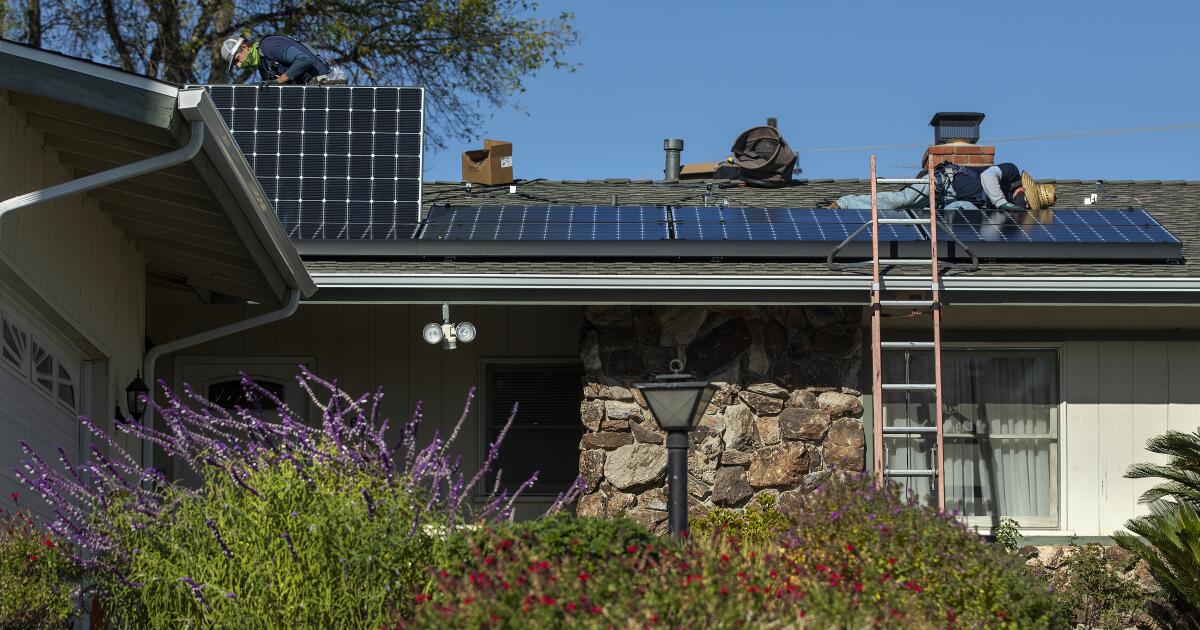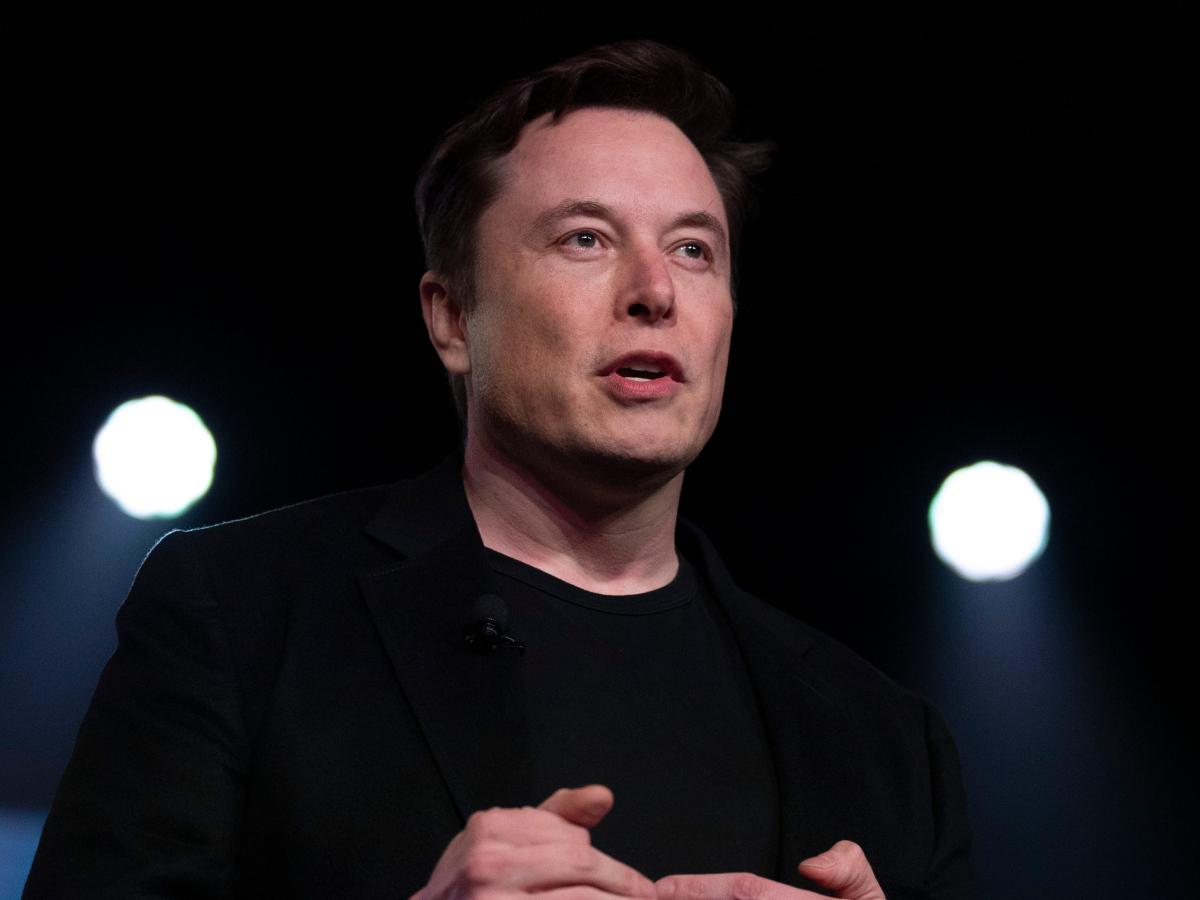What's weird is his next-to-last paragraph where he says:
The bottom line is that California’s net metering policy is a regressive cost shift. It’s also undermining the state’s goal of replacing greenhouse gas emitting cars and home furnaces with clean electric alternatives because those options get less attractive each time rates go up.
I don't understand how net metering "undermines" people to replace home furnaces with clean electric alternatives. This makes zero sense. I have never heard anyone argue this position before because it seem to require a logic-pretzel that is so messed up that PG&E wouldn't even attempt it.
People are highly motivated under MEM 2.0 to pull a
@nwdiver or
@h2ofun and gut natural gas appliances and heating to replace with electric alternatives that are powered by that solar energy generation they're slapping on their rooftops.
The only reason h2ofun has possible regret about converting to all electric coupled with lots of solar is because the emergent policies that would torpedo his grandfathering and effectively fine him hundreds of dollars a month for having solar on his roof.
Find me a real customer out there that says "you know, I need to replace this gas furnace with a new gas furnace. I won't consider electric because natural gas is so cheap!". This attitude doesn't exist at the scale that some Berkley Professor has imagined. PG&E's costs are out of control regardless of net metering. There is no net metering on gas; and the costs are going insanely high (for both rich or poor people).






